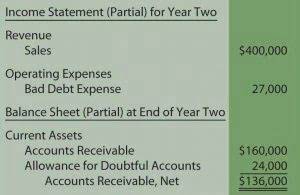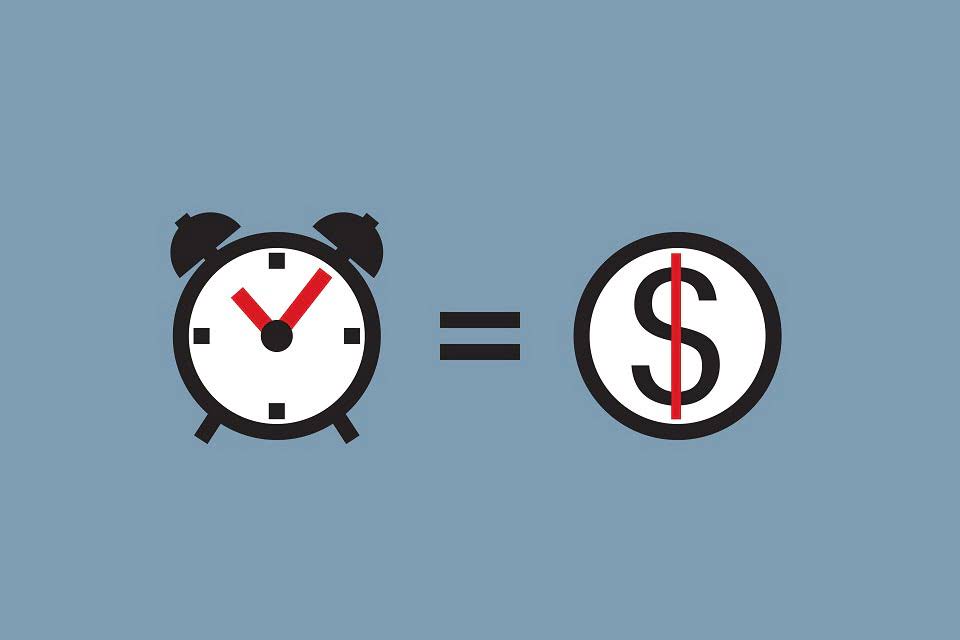21
California State Taxes 2021-2022: Income And Sales Tax Rates

California has the nation’s highest individual income tax rates and high sales tax burdens compared to the rest of the country. In general, the state has low property tax rates for residents who have owned a home for a long time. Newer residents, or people who have moved, have a much higher property tax burden.The state also has high income and sales taxes, as well as income tax applying to all retirement income except for Social Security. An effective tax rate is the average tax rate for an individual or corporate taxpayer. As such, it’s the percentage of taxes owed from the taxpayer’s bookkeeping annual income.

Who has to file California state taxes?
To use our California Salary Tax Calculator, all you need to do is enter the necessary details and click on the “Calculate” button. After a few seconds, you will be provided with a full breakdown of the tax you are paying. This breakdown will include how much income tax you are paying, state taxes, federal taxes, and many other costs. To determine the amount of tax you’ll need to pay, make sure to include any deductions you are eligible for. You can choose another state to calculate both state and federal income tax here. An individual’s effective tax rate is lower than the marginal rate.
- The 2023 standard deduction allows taxpayers to reduce their taxable income by $5,363 for single filers or couples filing separately ($10,726 for married filing jointly, head of household and qualifying surviving spouses).
- Benefits of e-Filing your California tax return include instant submission, error checking, and faster refund response times.
- Income tax in California is as multifaceted as the state’s celebrated coastline.
- Their total tax obligations would be $55,000 and $90,000, respectively.
- California recently removed the wage ceiling on its payroll tax that is used to fund the State Disability Insurance (SDI) Program.
- Most tax preparers can electronically file your return for you, or you can do it yourself using free or paid income tax software, like the examples listed below.
- If you qualify for the YCTC, you may receive up to $1,117.
Sports & Health Calculators
California provides property tax exemptions for homeowners, veterans, nonprofit and religious organizations, public schools, landlords and owners of qualifying personal property (such as certain artworks). A taxpayer may deduct a casualty loss caused by a disaster declared by the President or the governor. The damage must be sudden, unexpected or unusual from an earthquake, fire, flood or similar event. You can claim a casualty loss if you do not receive an insurance reimbursement or other type of reimbursement for the property that is destroyed or damaged.
California State Income Tax
- You can choose another state to calculate both state and federal income tax here.
- To use the tracker, you’ll need to enter your Social Security number, ZIP code, the exact refund amount you’re expecting, and your mailing address.
- The effective tax rate for individuals is the average rate at which their earned income, such as wages, and unearned income, such as stock dividends, are taxed.
- California has one of the highest sales tax rates nationwide.
- Learn more about property transfer savings.Learn how your property is assessed — and even contest it.
There’s also a 2.5% California state penalty on early distributions from retirement plans, annuities and IRAs. This is in addition to the 10% federal penalty for early withdrawals. If you have a qualifying child or relative, you might qualify for the Child Tax Credit.
- Tax-Rates.org provides easy access to five of the most commonly used California income tax forms, in downloadable PDF format.
- California offers a standard and itemized deduction for taxpayers.
- Do not include Social Security numbers or any personal or confidential information.
- No, Social Security income is not taxed by the state of California.
- We believe everyone should be able to make financial decisions with confidence.
A marginal tax rate, on the other hand, is the total amount of tax levied on different levels of income. This means that a taxpayer’s tax rate gets higher as their income rises. Taxpayers are divided into tax brackets under marginal tax systems where the first level of income is charged a lower rate. California collects a state income tax at a maximum marginal tax rate of %, spread across tax brackets. Like the Federal Income Tax, California’s income tax allows couples filing jointly to pay a lower overall rate on their combined income with wider tax brackets for joint filers.

3 – California Dependent Deduction
As of Jan. 1, workers making more than $145,600 per year will now pay the tax. “For those that have incomes above $154,000, they will feel that. They will certainly feel the pain of an additional 1.1% on all the income that they generate beyond $154,000,” said Ching. Localities can add as much as 4.75%, and the average combined rate is 8.851%, according to data presented by the Tax Foundation.

- The tax rates will remain the same, but the income brackets will shift slightly across all filing statuses.
- SACRAMENTO, Calif. — January is usually filled with new laws and they can include changes to your taxes.
- Your effective tax rate is the percentage of tax you owe on your taxable income.
- The State of California Tax Franchise Board notes that for tax year 2020 households making up to $30,000 could qualify for a tax credit of up to $3,026.
- The tax brackets and rates below are used to calculate taxes for people whose taxable income was over $100,000 in 2024.
Income tax in California is as multifaceted as the state’s celebrated coastline. With rates https://www.bookstime.com/ ranging from 1% to a nation-leading 13.3%, the Golden State’s progressive income tax structure is designed to distribute the tax burden according to individuals’ financial capacities. If you’ve submitted your California state income tax return and are due a refund, there are several ways to keep tabs on the processing of your funds.
How We Make Money

Our partners cannot pay us to guarantee favorable reviews of their products or services. View how much tax you may pay in other states based on the filing status and state entered above. If you adopted a child during the tax year, you can claim up california state income tax to 50% of adoption costs paid.
The effective tax rate for individuals is the average rate at which their earned income, such as wages, and unearned income, such as stock dividends, are taxed. The effective tax rate for a corporation is the average rate at which its pre-tax profits are taxed, while the statutory tax rate is the legal percentage established by law. Bankrate.com is an independent, advertising-supported publisher and comparison service. We are compensated in exchange for placement of sponsored products and services, or by you clicking on certain links posted on our site. Therefore, this compensation may impact how, where and in what order products appear within listing categories, except where prohibited by law for our mortgage, home equity and other home lending products. Other factors, such as our own proprietary website rules and whether a product is offered in your area or at your self-selected credit score range, can also impact how and where products appear on this site.
